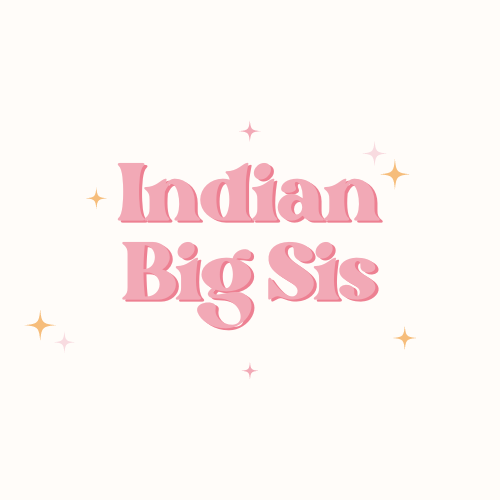For Indian Americans, the prospect of marriage carries an added layer of complexity, as it intersects with cultural norms and familial expectations. The notion of finding a life partner is often imbued with a sense of urgency and obligation, as many Indian Americans find themselves navigating the delicate balance of honoring their heritage while pursuing their individual aspirations. In this blog, we will explore strategies for handling the pressure from Indian parents to get married quickly, providing insights and guidance for those who find themselves feeling overwhelmed by familial expectations.
1. Cultivate Open Communication: The first step in addressing the pressure from Indian parents to get married quickly is to foster open and honest communication. Establishing a dialogue with your parents, where you can express your thoughts and concerns, can pave the way for mutual understanding. Communicate your aspirations, the timeline you envision for yourself, and the factors that are important to you in a life partner. By engaging in open communication, you can create a space for empathy and dialogue, ensuring that both parties feel heard and valued.
2. Set Boundaries: It is essential to establish clear boundaries when it comes to discussions about marriage. Communicate your comfort level and establish ground rules for conversations surrounding this topic. While it is important to respect your parents’ perspectives, it is equally crucial for them to understand and respect your autonomy in making decisions about your personal life. Setting boundaries can help mitigate the stress and anxiety associated with constant pressure, allowing for a more balanced and respectful dynamic.
3. Seek Support from Peers: Finding support from peers who may be navigating similar experiences can be invaluable. Engaging with other Indian Americans who understand the cultural nuances and familial expectations surrounding marriage can provide a sense of solidarity and understanding. Peer support networks can offer a platform for sharing experiences, seeking advice, and finding emotional support during challenging times.
4. Educate and Advocate: Providing cultural context and perspectives on marriage to your parents can be enlightening for both parties. Educate your parents about the evolving dynamics of relationships and marriage preferences among Indian Americans. Foster discussions about the importance of personal growth, career aspirations, and the changing landscape of modern relationships. By advocating for a broader understanding of contemporary perspectives on marriage, you can encourage openness and mutual learning.
5. Engage in Self-Reflection: Take time to reflect on your own desires and aspirations regarding marriage. Consider what matters most to you in a life partner, your career goals, and the timeline you envision for yourself. Engaging in self-reflection can provide clarity and conviction, empowering you to make informed decisions that align with your values and aspirations. Understanding your own needs and priorities can strengthen your resolve when facing external pressures.
6. Professional Guidance: Seeking the support of a professional, such as a counselor or therapist, can offer valuable insights and coping strategies. Professional guidance can help you navigate the emotional stress and internal conflicts that may arise from familial pressures. A counselor can provide a safe space to process your thoughts and emotions, offering guidance on how to manage familial expectations while maintaining your well-being and autonomy.
7. Embrace Empathy: Recognize that the pressure from Indian parents to get married quickly often stems from a place of love and concern. Embracing empathy and understanding can foster a compassionate approach to addressing familial expectations. By acknowledging your parents’ perspectives and the cultural context that shapes their beliefs, you can approach discussions about marriage with empathy and patience, nurturing a sense of mutual respect and understanding.
8. Assert Independence: Embracing independence and autonomy in decision-making is a powerful step toward mitigating the pressure surrounding marriage. Assert your agency in shaping your own life path, while also demonstrating respect for your parents’ role in your life. Embracing independence does not necessitate a disconnect from familial ties, but rather a reaffirmation of your capacity to make decisions that align with your values and aspirations.
9. Seek Compromise: Finding a middle ground that honors both your aspirations and your parents’ expectations can be pivotal in managing the pressure surrounding marriage. Engage in discussions about compromises that respect familial traditions while acknowledging modern perspectives on relationships and marriage. By seeking common ground, you can navigate the complexities of familial expectations with a sense of balance and understanding.
The pressure from Indian parents to get married quickly can present challenges for many Indian Americans. By open communication, setting boundaries, seeking support, and engaging in self-reflection, individuals can navigate this complex terrain with resilience and grace. Understanding the importance of empathy, independence, and compromise can lay the groundwork for building harmonious relationships and fostering mutual understanding within the family dynamic. Ultimately, by embracing these strategies, Indian Americans can navigate the societal and familial pressures surrounding marriage with a sense of agency over their own life choices.
